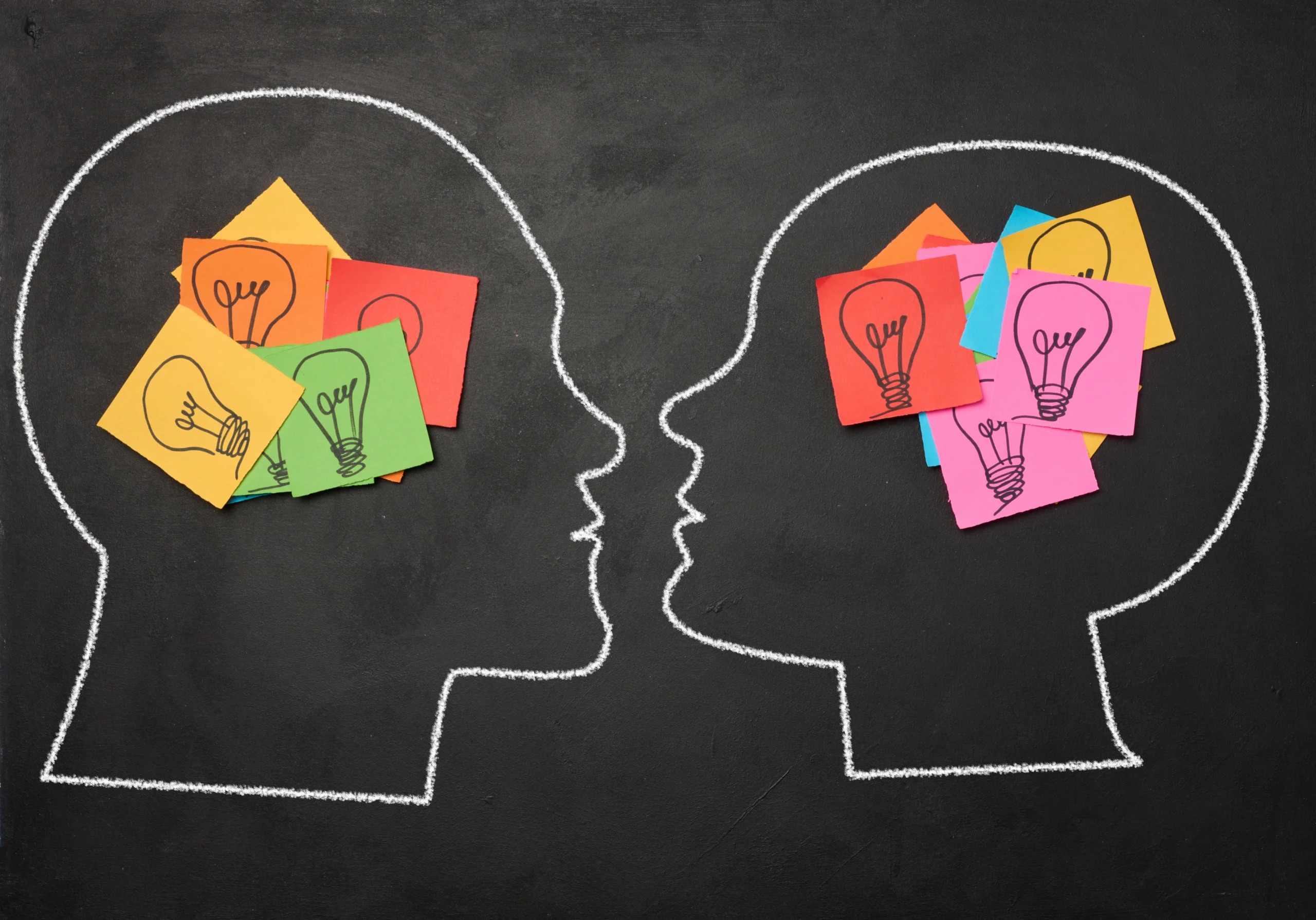Maintaining a healthy lifestyle is often associated with physical fitness, but its benefits extend deeply into mental health as well. As a therapist in Mumbai, I frequently discuss with my clients how daily habits—like regular exercise, balanced nutrition, and adequate sleep—are integral to mental wellness. A healthy lifestyle isn’t just about preventing illness; it’s about creating a foundation for a positive mindset, emotional resilience, and mental clarity.
As a psychologist in India, I have witnessed how adopting healthier habits can significantly improve mood, reduce anxiety, and build long-term resilience. Below, I’ll share some key aspects of a healthy lifestyle that contribute to mental well-being.
1. Physical Activity and Mental Clarity
Regular exercise is one of the most effective ways to enhance mental health. Physical activity releases endorphins, which are known as “feel-good” hormones. These natural mood lifters help reduce stress, anxiety, and even symptoms of depression. Studies show that even moderate exercise, like walking or light jogging, can have a profound effect on mental well-being.

In my practice, I encourage clients to incorporate physical activity into their daily routines, whether it’s yoga, dancing, or simply going for a walk in nature. Physical movement not only supports physical health but also fosters a sense of accomplishment and clarity.
2. Nutrition and Emotional Stability
The connection between diet and mental health is significant. A balanced diet provides the nutrients your brain needs to function optimally. Consuming foods rich in omega-3 fatty acids, antioxidants, vitamins, and minerals can help improve focus, mood, and energy levels. Foods high in refined sugars and unhealthy fats, on the other hand, can lead to mood swings, fatigue, and even increased anxiety.
As a psychologist in India, I often guide clients in understanding the importance of balanced nutrition for mental stability. While it’s not about adopting strict diets, it is about making mindful choices that nourish the body and mind. Your mental health deserves as much care as your physical health.
3. Sleep and Mental Resilience
Sleep is fundamental to mental health, yet it’s often one of the first areas we neglect. Lack of sleep can lead to irritability, impaired cognitive function, and heightened stress responses. Adequate sleep, on the other hand, improves focus, decision-making, and emotional resilience.
I recommend creating a sleep routine that includes winding down before bed, limiting screen time, and creating a restful environment. Prioritizing sleep is one of the simplest and most effective ways to support your mental well-being. If you struggle with sleep, consider it an essential part of your self-care routine rather than an indulgence.
4. Mindfulness and Stress Reduction
Practicing mindfulness helps you stay present, reduces stress, and improves mental clarity. Mindfulness can be practiced through meditation, deep breathing, or simply paying attention to your surroundings without judgment. It allows you to tune into your thoughts and emotions, providing a calm space to process them without feeling overwhelmed.
In therapy, I often introduce mindfulness techniques to clients, as they’re easy to incorporate and can be practiced anywhere. This can be particularly helpful for managing anxiety and stress, offering a way to break the cycle of overthinking.
5. Social Connections and Emotional Support
Human connections are essential to mental health. Building and maintaining relationships provide a sense of belonging and support during challenging times. Talking to friends or loved ones about your experiences can reduce feelings of isolation, improve your mood, and help you process emotions.
Being socially connected doesn’t mean you have to be constantly social. Instead, it’s about cultivating meaningful relationships that offer mutual support. I often remind clients of the importance of community and encourage them to build strong, nurturing connections. This emotional support can play a significant role in mental health and resilience.
Final Thoughts
Adopting a healthy lifestyle is more than a physical commitment; it’s a profound way to care for your mind. Incorporating exercise, balanced nutrition, adequate sleep, mindfulness, and positive social connections into your life can transform not only how you feel physically but also how you approach life emotionally and mentally.
As a therapist in Mumbai, I am here to help guide you on this journey. Therapy can provide additional tools and insights to support these healthy habits, helping you build a strong foundation for lifelong mental wellness.For ongoing tips and resources, follow us on Instagram and stay connected to insights on creating a healthier, happier you.




